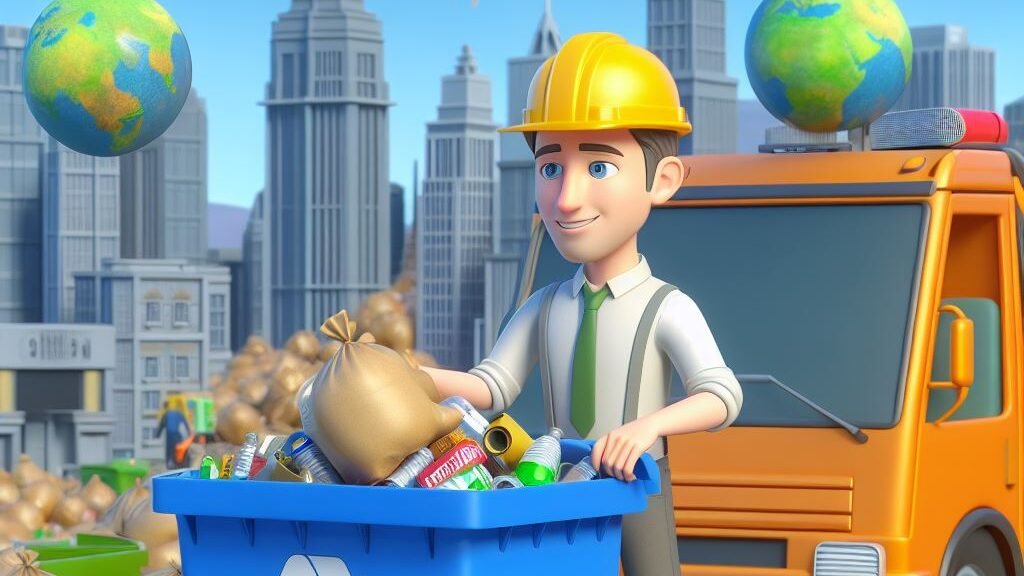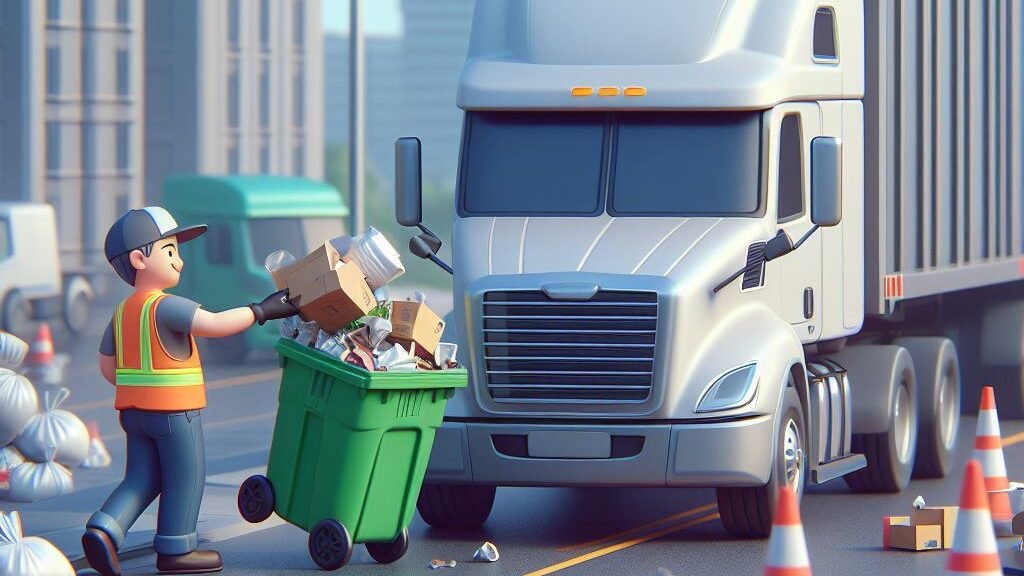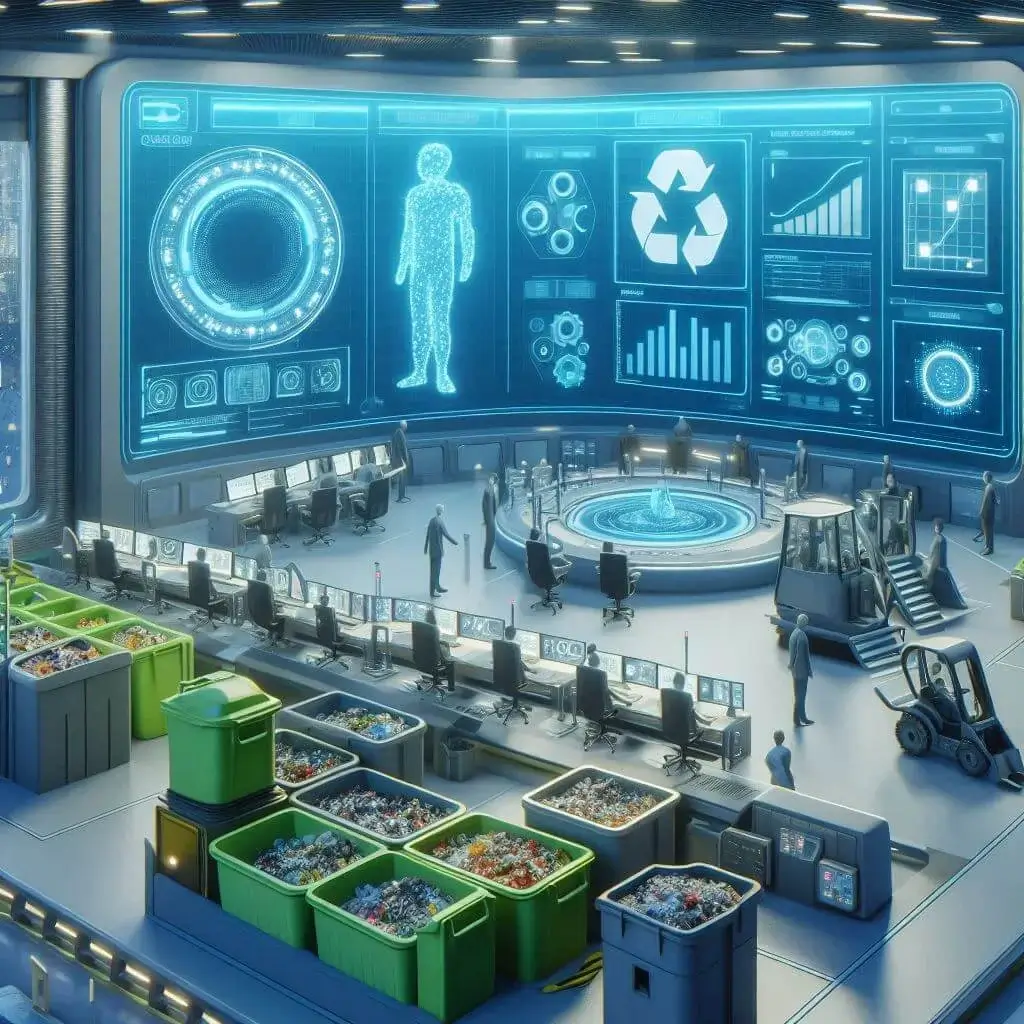Waste Management Careers: Exploring Opportunities in a Growing Industry
Table of Contents
ToggleIntroduction to Waste Management Career Opportunities
Waste management is an essential industry that plays a critical role in maintaining public health, environmental sustainability, and economic stability. As the global population continues to grow, the demand for effective waste management solutions has never been higher. This has led to a surge in waste management career opportunities for individuals interested in making a positive impact on the environment and society.
The Importance of Waste Management
Environmental Impact
One of the most significant benefits of effective waste management is the reduction of environmental pollution. Proper disposal and treatment of waste help prevent harmful substances from contaminating soil, water, and air. This, in turn, protects ecosystems and promotes biodiversity.Public Health
Effective waste management is crucial for public health. Poor waste disposal practices can lead to the spread of diseases and create breeding grounds for pests. By managing waste properly, communities can reduce health risks and improve the overall quality of life.Economic Benefits
Waste management also has economic advantages. Recycling and reusing materials can save resources and reduce production costs. Additionally, the waste management industry creates numerous job opportunities, contributing to economic growth.
Types of Waste Management Careers
Waste Collection and Transportation
Roles and Responsibilities
Waste collection and transportation are the backbone of the waste management industry. Professionals in this field are responsible for collecting waste from residential, commercial, and industrial areas and transporting it to disposal or recycling facilities.Career Opportunities
- Waste Collection Driver: Operates waste collection vehicles and ensures timely pickup of waste.
- Waste Collection Technician: Assists in the collection and sorting of waste materials.
- Route Manager: Oversees waste collection routes and ensures efficient operations.
Waste Treatment and Disposal
Roles and Responsibilities
Waste treatment and disposal involve processing waste materials to reduce their environmental impact. This includes incineration, landfilling, and composting.Career Opportunities
- Waste Treatment Plant Operator: Manages the operation of waste treatment facilities.
- Environmental Engineer: Designs and implements waste treatment processes.
- Landfill Manager: Oversees the operation and maintenance of landfill sites.
Recycling and Resource Recovery
Roles and Responsibilities
Recycling and resource recovery focus on converting waste materials into reusable resources. This helps conserve natural resources and reduce the environmental impact of waste.Career Opportunities
- Recycling Coordinator: Manages recycling programs and initiatives.
- Materials Recovery Facility (MRF) Operator: Operates facilities that sort and process recyclable materials.
- Sustainability Consultant: Advises organizations on sustainable waste management practices.
Hazardous Waste Management
Roles and Responsibilities
Hazardous waste management involves the safe handling, treatment, and disposal of hazardous materials. This is crucial for protecting public health and the environment.Career Opportunities
- Hazardous Waste Technician: Handles and processes hazardous waste materials.
- Environmental Health and Safety Specialist: Ensures compliance with regulations related to hazardous waste.
- Hazardous Waste Manager: Oversees hazardous waste management programs.

Education and Training for Waste Management Careers
Educational Requirements
The educational requirements for waste management careers vary depending on the specific role. Entry-level positions may require a high school diploma or equivalent, while more advanced roles may require a bachelor’s or master’s degree in environmental science, engineering, or a related field.Certifications and Training
Certifications and training programs can enhance career prospects in the waste management industry. Some common certifications include:- Certified Hazardous Materials Manager (CHMM): For professionals managing hazardous materials.
- Certified Recycling Professional (CRP): For individuals working in recycling and resource recovery.
- Solid Waste Association of North America (SWANA) Certifications: Various certifications for waste management professionals.
Skills and Competencies for Success in Waste Management
Technical Skills
Technical skills are essential for many waste management careers. These may include knowledge of waste treatment processes, familiarity with environmental regulations, and proficiency in operating waste management equipment.Analytical Skills
Analytical skills are crucial for identifying and solving waste management challenges. Professionals must be able to analyze data, assess risks, and develop effective waste management strategies.Communication Skills
Effective communication is vital for waste management professionals. They must be able to convey information clearly to colleagues, stakeholders, and the public. This includes writing reports, giving presentations, and conducting public outreach.Problem-Solving Skills
Problem-solving skills are essential for addressing the complex issues that arise in waste management. Professionals must be able to think critically, develop innovative solutions, and implement effective strategies.


